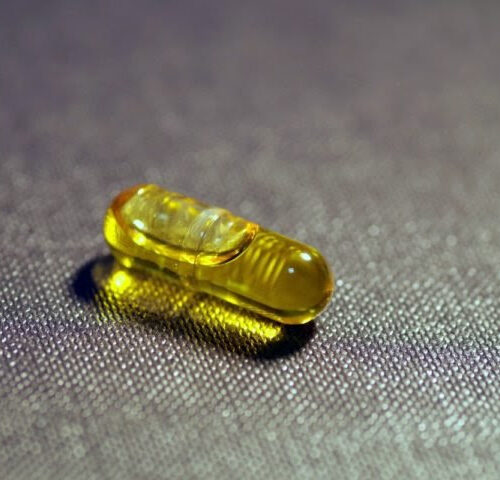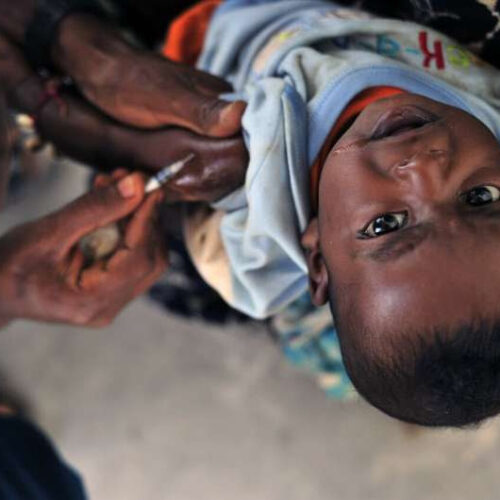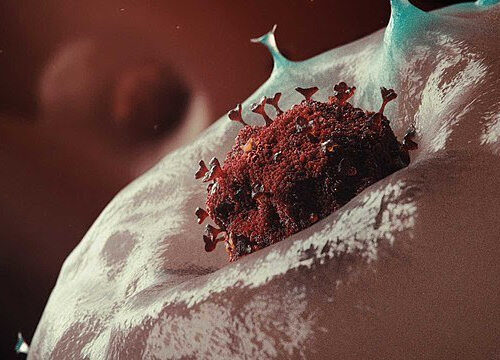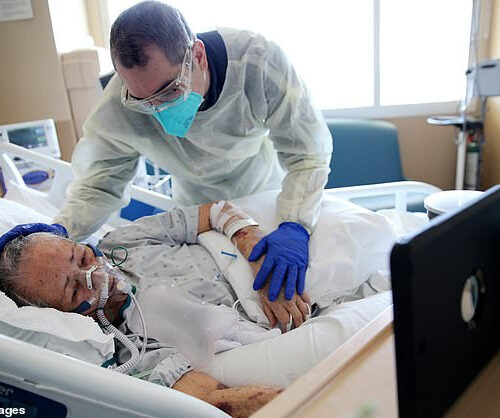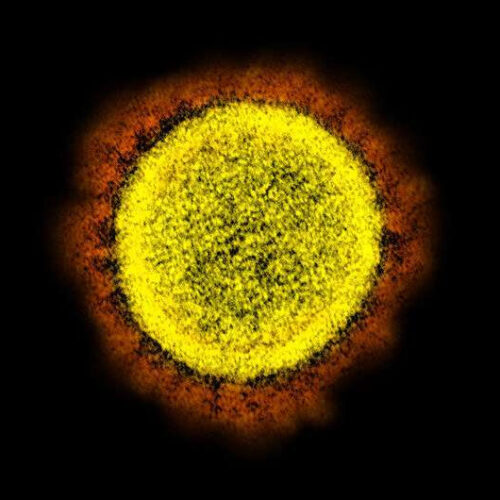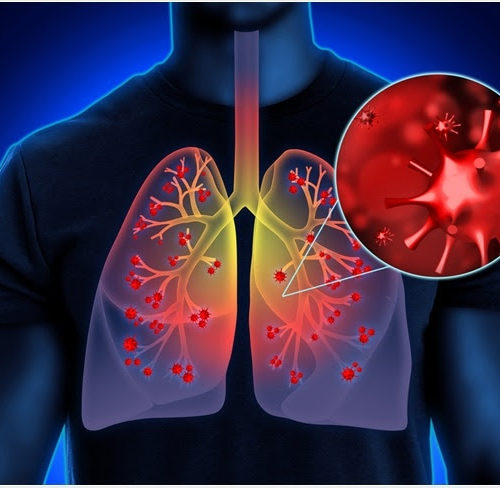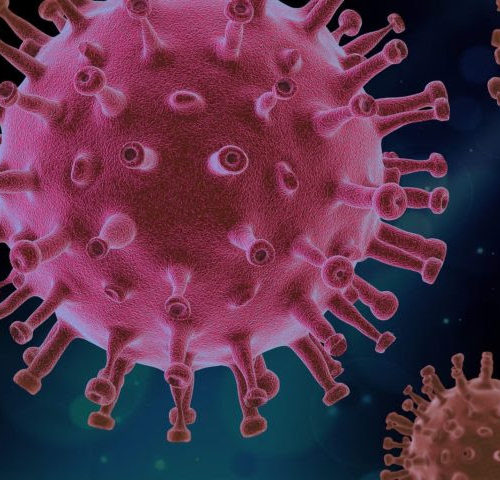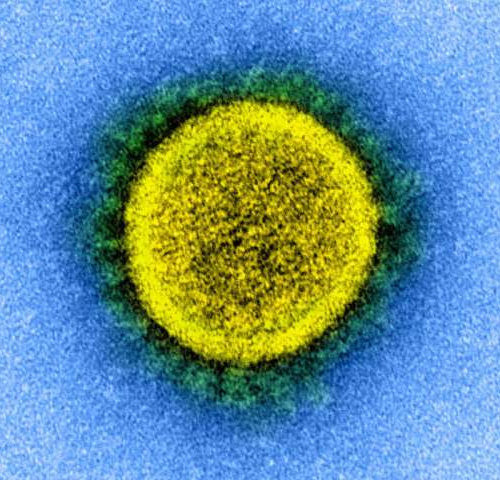WASHINGTON UNIVERSITY SCHOOL OF MEDICINE The first two vaccines created with mRNA vaccine technology — the Pfizer/BioNTech and Moderna COVID-19 vaccines — are arguably two of the most effective COVID vaccines developed to date. In clinical trials, both were more than 90% effective at preventing symptomatic infection, easily surpassing the 50% threshold the Food and...
Tag: <span>severe COVID-19</span>
Survivors of severe Covid-19 may have increased risk of death within 12 months of illness
FRONTIERS Can long Covid kill? Striking findings presented in a new study published to Frontiers in Medicine show that patients who survive severe Covid-19 have more than twice the risk of dying over the following year, compared with those who experience mild or moderate disease or remain uninfected. Unusually, the increased risk of dying was greater for...
Further evidence that vitamin D might protect against severe COVID-19 disease and death
New research from Trinity College and University of Edinburgh has examined the association between vitamin D and COVID-19, and found that ambient ultraviolet B (UVB) radiation (which is key for vitamin D production in the skin) at an individual’s place of residence in the weeks before COVID-19 infection, was strongly protective against severe disease and...
Evidence mounts that MMR and TDAP vaccines strengthen protection against severe COVID-19
by Brigham and Women’s Hospital Credit: CC0 Public Domain Vaccines are designed to induce a strong and long-lasting immune response through the creation of memory T cells and B cells. The Measles-Mumps-Rubella (MMR) vaccine, given during early childhood, and Tetanus-Diphtheria-Pertussis (Tdap) vaccine, given every 10 years, are known to elicit a protective response against the diseases...
Scientists identify genes linked to severe COVID-19 cases
Some people recover from COVID-19 quite easily, while others suffer terrible consequences or even die. This, of course, is related to the overall condition of your body, but there are other factors at play as well. For example, scientists researchers from the University of Edinburgh with international partners have discovered 13 DNA sequences that are associated with...
Three-quarters of patients with moderate or severe cases of Covid had at least one symptom lasting up to SIX MONTHS
By MARY KEKATOS ACTING U.S. HEALTH EDITOR FOR DAILYMAIL.COM PUBLISHED: 18:32 EDT, 27 May 2021 | UPDATED: 18:46 EDT, 27 May 2021 The majority of patients with moderate or severe cases of COVID had at least one long-term symptom, a new study suggests. Researchers found that nearly three-quarters of people continued to suffer fatigue, shortness of breath, and even brain...
One-third of patients hospitalized with severe COVID-19 still have lung changes after a year
by University of Southampton Novel Coronavirus SARS-CoV-2 Transmission electron micrograph of SARS-CoV-2 virus particles, isolated from a patient. Image captured and color-enhanced at the NIAID Integrated Research Facility (IRF) in Fort Detrick, Maryland. Credit: National Institute of Allergy and Infectious Diseases, NIH A new study has shown that most patients discharged from hospital after experiencing severe...
How Could Nitric Oxide Treat Severe COVID-19?
By Michael Greenwood, M.Sc.Reviewed by Sophia Coveney, B.Sc. Nitric oxide (NO) has been used for decades in cases of acute respiratory distress syndrome (ARDS) as a vasodilator, improving gas exchange in the lungs and allowing the blood to better oxygenate. NO is naturally produced by many cells of the body and plays an important role in signaling...
‘Natural killer’ cells found to be a key determinant of severe COVID-19 in patients
An impaired count of natural killer (NK) immune cells and reduced ability to destroy infected cells are key characteristics of severe COVID-19 infection, according to newly published research in the journal Blood Advances. A team of researchers at the University of Alberta and University of Calgary followed 12 patients with severe COVID-19 symptoms at hospitals in Edmonton. They found that the...
Immune cell activation in severe COVID-19 resembles lupus
by Emory University SARS-CoV-2 (shown here in an electron microscopy image). In severe cases of COVID-19, Emory researchers have been observing an exuberant activation of immune cells, resembling acute flares of systemic lupus erythematosus (SLE), an autoimmune disease. Their findings point towards tests that could separate some COVID-19 patients who need immune-calming therapies from others who may not....
- 1
- 2

